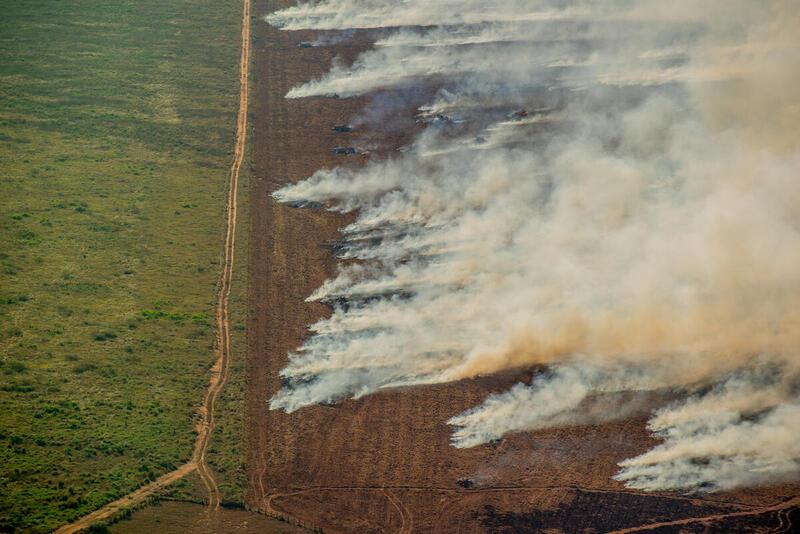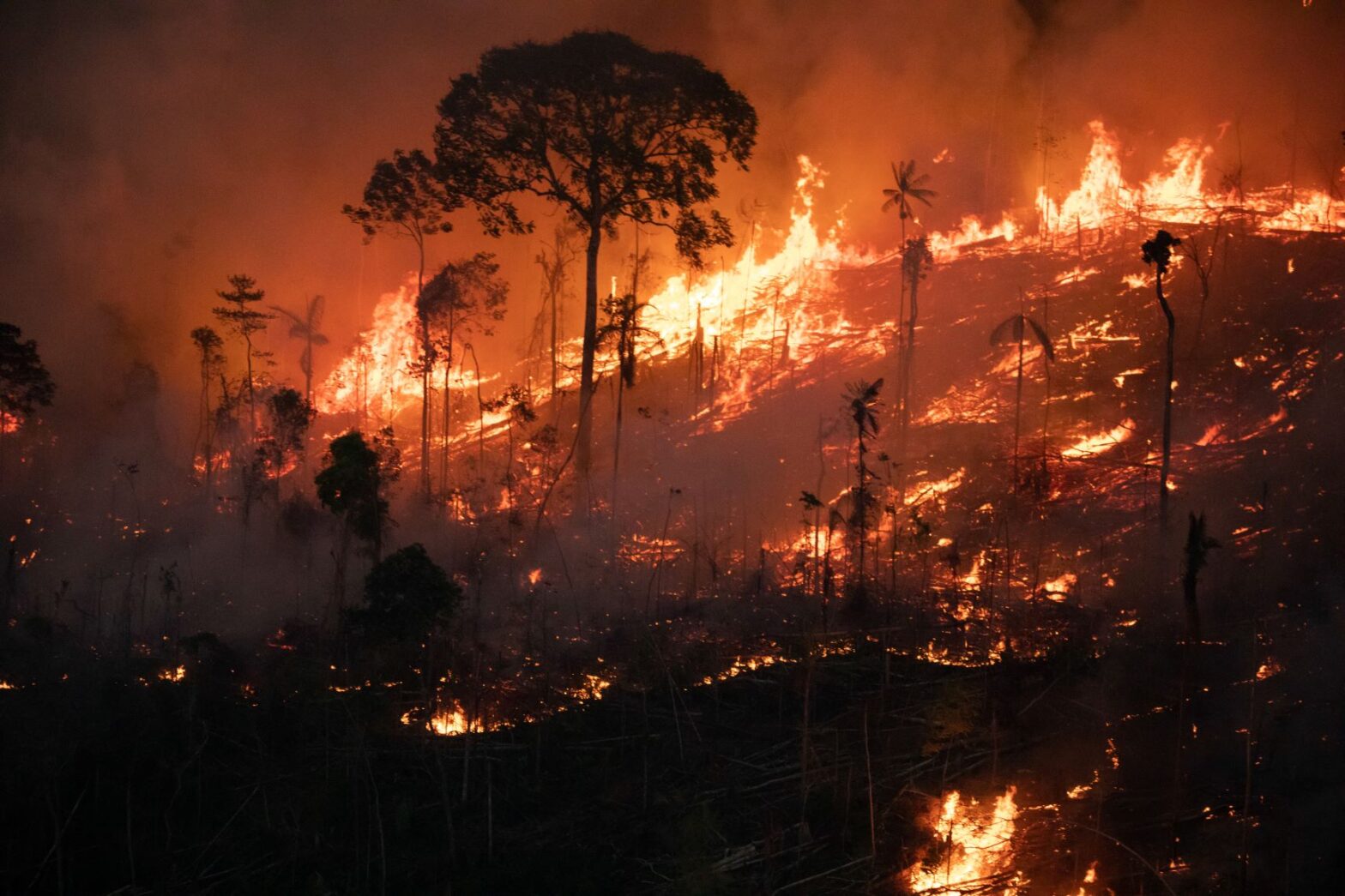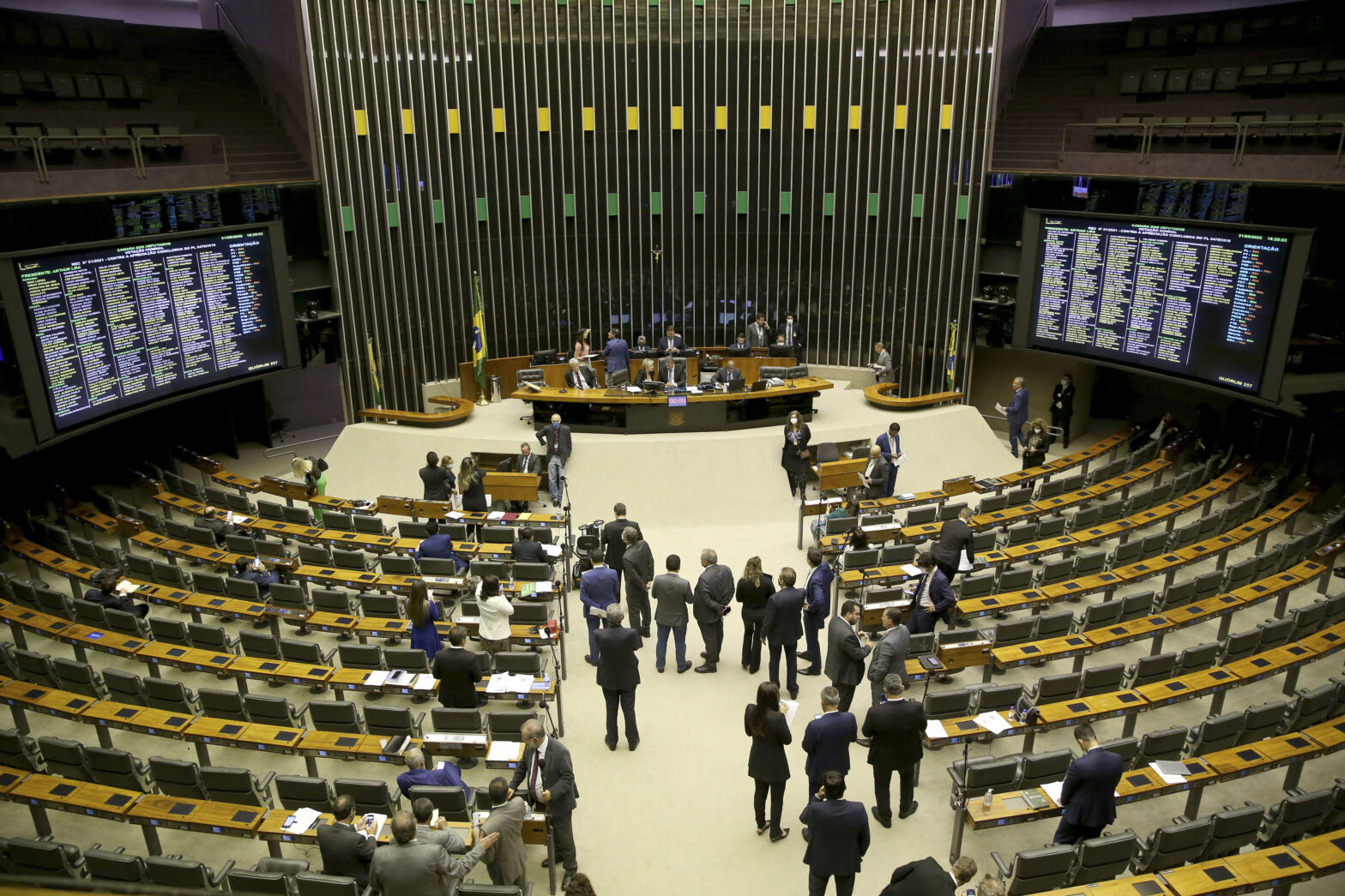They received a total of R$1.77 million in 8 states. Most belong to parties in Bolsonaro’s support base in Congress, in particular the Partido Liberal (PL) and the União Brasil. A candidate from Acre, convicted of modern slavery, received the largest donation to any candidate in the Amazon from his own father, arrested for environmental crime.
Sixty candidates in eight states of the Legal Amazon region had their campaigns financed by people fined for deforestation by the Brazilian Institute for the Environment and Renewable Natural Resources (IBAMA). Together, they received BRL 1.77 million from 87 donors who had been fined by the federal agency between 2005 and 2022.
The data were obtained by the Data Fixers project, in partnership with the public data agency Fiquem Sabendo (‘Learn This’). The initiative cross-referenced information on candidates and funders published by the Superior Electoral Court (TSE) with IBAMA’s records of environmental fines. To arrive at the list of donors fined for deforestation, the InfoAmazonia and PlenaMata survey only took into account ‘Flora’-related fines in the agency’s list of infractions.
On the list, there are 38 candidates for state deputy and 16 for federal deputy. Three candidates for the Senate also appear in the survey: Gilberto Laurindo (Patriota) in Amapá, Acir Marcos Gurgacz (PDT) in Rondônia, and Antônio Galvan (PTB), in Mato Grosso. Galvan had the largest number of donors on the IBAMA register, receiving more than BRL 172,000 from 12 deforesters, who together account for 22 lawsuits.
Candidates for state governor also received funding from people fined for deforestation: Mauro Mendes Ferreira (União Brasil) in Mato Grosso, Leonardo Barreto de Moraes (Podemos) in Rondônia, and Wanderlei Barbosa Castro (Republicans) in Tocantins.
Mato Grosso is the state with the highest number of donors fined for deforestation. There were 22 funders who donated more than R$860,000 to 22 candidates in the state. Rondônia is in second place on the list, with 15 fined donors supporting 15 candidates to a total of R$168,000. Amazonas is the only Amazonian state with candidates who did not receive financial support from donors fined by IBAMA for environmental crime.
The 60 candidates who relied on donations from deforesters are spread across 15 parties, 11 belonging to the support base of Jair Bolsonaro (PL), whose administration has been marked by a retrogression in environmental policy. The Partido Liberal, current party of the president, appears in first place with 10 beneficiaries, followed by the União Brasil with nine.





